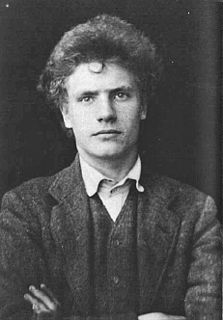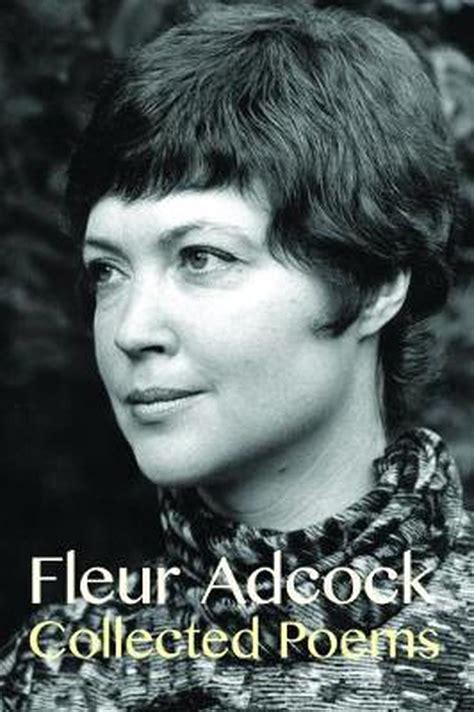A Quote by Anne Lamott
We write to expose the unexposed. Most human beings are dedicated to keeping that one door shut. But the writer's job is to see what's behind it, to see the bleak unspeakable stuff, and to turn the unspeakable into words - not just into any words but if we can, into rhythm and blues. You can't do this without discovering your own true voice, and you can't find your true voice and peer behind the door and report honestly and clearly to us if your parents are reading over your shoulder.
Quote Topics
Related Quotes
Darken your room, shut the door, empty your mind. Yet you are still in great company - the Numen and your Genius with all their media, and your host of elementals and ghosts of your dead loves — are there! They need no light by which to see, no words to speak, no motive to enact except through your own purely formed desire.
You have to listen to your own voice. Not your heart, not your instincts, not any of that self-permissive psycho-babble stuff. No, none of that. If it was just about instincts and bright ideas it wouldn't need to be a voice. It's about words. You hear them, read them, then you write. But mostly read. Read the bloody poems.
I had a teacher who stressed for me the importance of diction in terms of... I want to be very careful about how I say this... in terms of supporting one's voice when one is singing. In other words, if you hold on to your words, your voice will pull through for you when you're singing. So be true to your vowels.
Write like you write, like you can't help but write, and your voice will become yours and yours alone. It'll take time but it'll happen as long as you let it. Own your voice, for your voice is your own. Once you know where your voice lives, you no longer have to worry so much about being derivative.
Suppose you're on a game show, and you're given the choice of three doors. Behind one door is a car, the others, goats. You pick a door, say #1, and the host, who knows what's behind the doors, opens another door, say #3, which has a goat. He says to you: 'Do you want to pick door #2?' Is it to your advantage to switch your choice of doors?
Don't be pretentious is my first advice to young writers. This is the big problem - just because you're getting an MFA doesn't mean you have to write for the Academy. Be true to your personality. Don't temper your personality down with words. Don't build defensive fortresses around yourself with words - words are your friends.
The writer is a person who is standing apart, like the cheese in 'The Farmer in the Dell' standing there alone but deciding to take a few notes. You’re outside, but you can see things up close through your binoculars. Your job is to present clearly your viewpoint, your line of vision. Your job is to see people as they really are, and to do this, you have to know who you are in the most compassionate possible sense. Then you can recognize others.





































